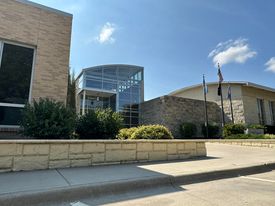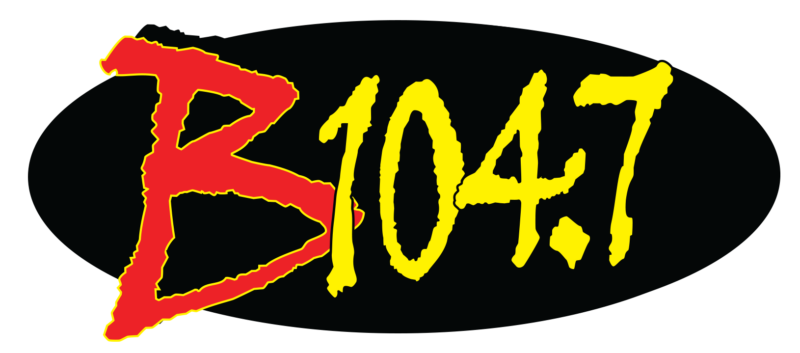
The Manhattan City Commission discussed funding strategies for wastewater treatment plant upgrades during Tuesday’s work session.
The city is planning to use a low-interest loan through the Kansas Water Pollution Control Revolving Fund. Commissioners expressed support for the city’s idea to work with Kansas State University also on a project funding opportunity to obtain grant money from the federal government.
“I think it’s pretty proactive to try to go after this grant because it will put us ahead of the game if we get surprises from the federal government on changes,” said Mayor Wynn Butler.
City officials also believe the improvements to the treatment plant could help turn Manhattan into a center of technology.
“I think it’s fantastic, go for it,” said commissioner Karen McCulloh. She joked that the Chamber of Commerce might not be too excited if Manhattan becomes the solid waste capital upon completion of the expansion project.
Improvements to the plant would make wastewater treatment more efficient and would help reduce greenhouse gas emissions.
The project initially was estimated to be around $12 million, but is now projected to be closer to $18 million. The project is slated to begin construction in January 2025.
Key planned upgrades include:
• A new aerobic digester and thickening system, with associated support system
improvements, to improve operational flexibility and performance. Scum system upgrades
to improve pumping operation.
• A septage receiving improvements to protect against plant operational disruptions.
• Assessment of existing sludge force main to identify need for potential repairs or
replacement.
• Lagoon operational and maintenance updates, including evaluation of options to provide
for additional sludge storage capacity.
• Evaluation of existing stabilized biosolids pumping and distribution piping system
improvements, to improve operational flexibility and performance. Scum system upgrades
to improve pumping operation.
• A septage receiving improvements to protect against plant operational disruptions.
• Assessment of existing sludge force main to identify need for potential repairs or
replacement.
• Lagoon operational and maintenance updates, including evaluation of options to provide
for additional sludge storage capacity.
• Evaluation of existing stabilized biosolids pumping and distribution piping system
Riley County Police Department Director Brian Peete also provided the city commission Tuesday night with a summary of police activity during Fake Patty’s Day.
As reported earlier this week, arrests and citations were up above the five year average during the March 2 event, but overall city commissioners say they are pleased with RCPD’s tougher stance on the annual non-sanctioned event.
“You’ve really got to go out of your way, that’s been my experience watching the policemen. You gotta just really push your luck to get arrested. You could’ve tripled or quadrupled the amount of people that were arrested or cited. I think it was done about as well as it can,” said Butler, who also serves on the Riley County Law Board.
Fellow Law Board member and commissioner John Matta agreed.
“I think the reaction this time, there’s no one at our meeting, I didn’t get an email or a call. That’s never happened before, through a number of these,” he said.
City Manager Ron Fehr also noted he too has not had any complaint calls from residents this year.
Last year several residents spoke at the city commission meeting after Fake Patty’s Day complaining of party-goers trespassing onto their properties, in some cases even coming into their homes unannounced.
It was announced Tuesday that RCPD paid about $37,000 of its projected $50,000 in overtime costs.
Police made 57 arrests on Fake Patty’s Day, including 24 for interference or obstruction, the highest number of arrests since RCPD began tracking information in 2017.
The post City officials discuss funding strategies for wastewater treatment plant expansion project appeared first on News Radio KMAN.

